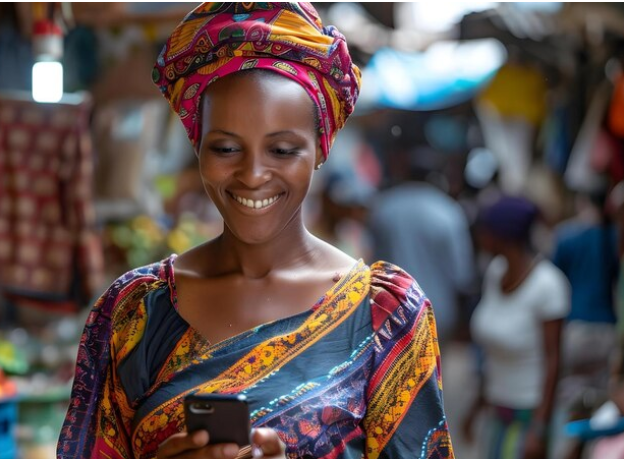Since the end of the 20th century and clearly so far in the 21st century, Information and Communication Technologies (ICT) have not only expanded exponentially in the world but have also impacted numerous spheres of people’s lives. The African continent is experiencing significant digital acceleration at many levels, interconnecting local and global structures, processes and actors, thus emerging multiple challenges and opportunities for Africa’s digital and socio-economic transformation. Some of these opportunities and challenges would be linked to the very development and socio-cultural compatibility for socio-economic growth in this region of the world, as the access of African populations to digital services (financial, commercial and marketing, media and resources) does not necessarily benefit them, even if they offer potentially viable, effective and relevant alternatives for self-employment, among others. The economic and cooperation strategies of the European and Spanish governments (EU-African Union 2020 Summit, EU-Africa 2020 Business Forum, Agenda España Digital 2025, Agenda 2030, etc.) are in line with the options offered by technological digitization in terms of access to information, contacts, innovation and opportunities to generate greater equality and development. Thus, in local contexts, the use of mobile technology has had a significant expansion, ranging from entertainment to bill payment and exchange of goods. The widespread availability of smartphones and easy access to social networking platforms, has favored access to a plethora of information on topics ranging from news and gossip to fashion and social or political issues favoring for example social movements opportunities for activism that were previously unavailable to them (Kibona and Mohamed, 2023). At the same time, the gender digital divide or lack of digital infrastructure persists in many countries on the African continent. Several factors contribute to this, such as lack of access to technological infrastructure, limited digital literacy, lack of female role models and referents in the technology sector, or online gender-based violence.
In this context we are interested in learning about and discussing how populations use digital platforms to create communities, businesses and mobilize to challenge injustices, highlight and gain recognition and rights on various issues of individual and collective interest. Paying attention to political and historical processes and the gendered scale of digital media access and use invites researchers to recognize issues of sovereignty and power beyond optimistic discourses of gendered digital empowerment, and to follow the complex, partial, and ambiguous processes of information and knowledge management through media (Nanna Thorsteinsson Schneidermann, 2023).
We are also open to learn about current debates on the so-called technological decolonization from African epistemologies that criticize Cartesian logics on predictability (Divine Fuh, 2023) and other epistemic values, with the idea of Africanizing knowledge to the history of technology (Twagira, 2020).
Specifically, the discussions to be addressed in this panel focus on these two key questions:
i) What are the recent developments in African digitization processes on the continent?
ii) How do African populations shape these global digitization processes?
iii) Is it possible to speak of decolonization of digital and technological processes on the continent on the basis of African epistemologies and ontologies?



